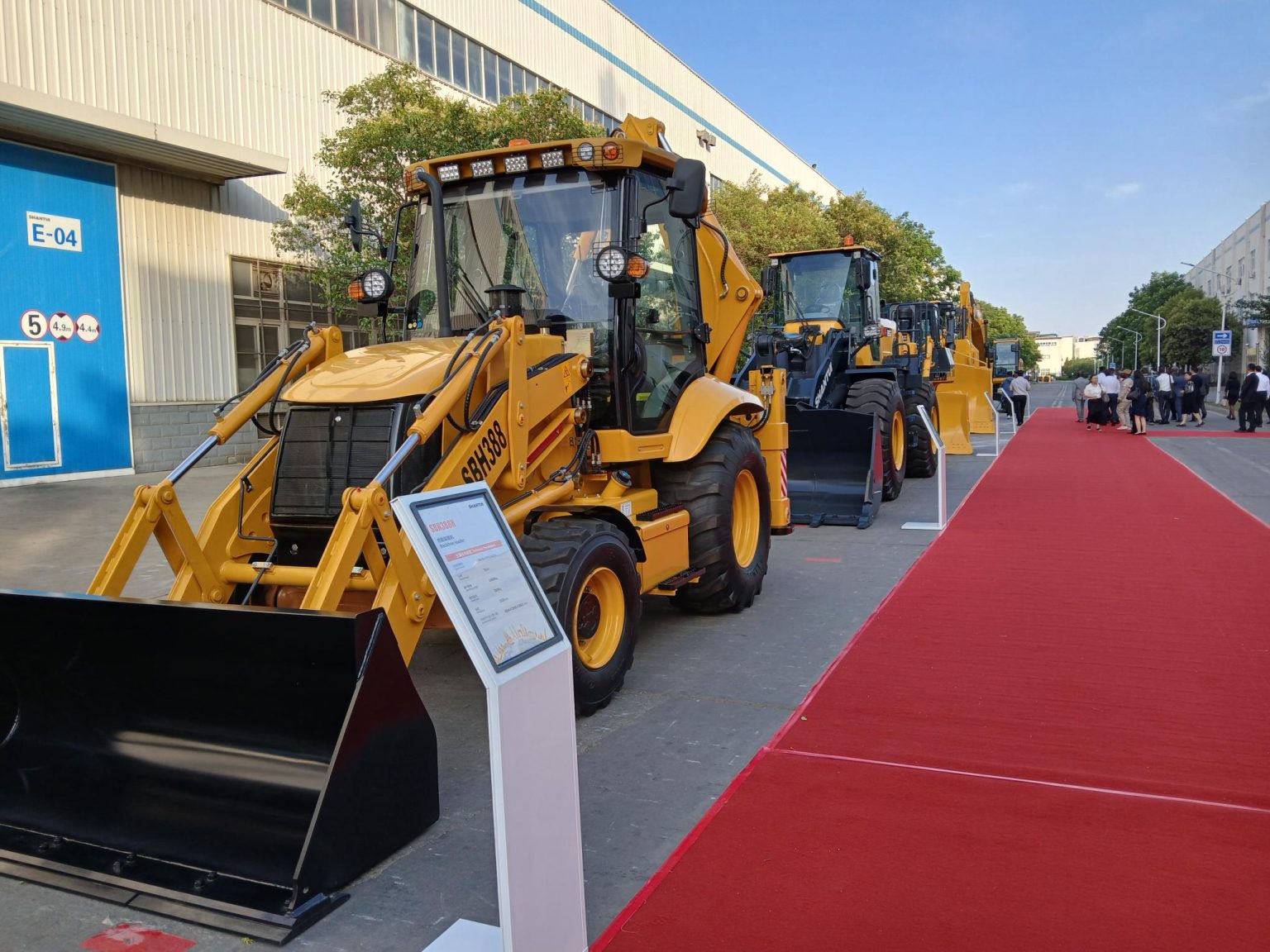Liberia’s long-awaited fleet of “Yellow Machines,” heavy-duty construction equipment crucial for the nation’s infrastructure development, is slated to arrive between November and December 2025. This acquisition marks a significant step towards modernizing Liberia’s road network and bolstering economic growth, fulfilling a key component of President Joseph Nyuma Boakai’s development agenda. The anticipated arrival, announced by Senator Prince K. Moye, Chairman of the Senate Committee on Ways, Means, and Finance, is a beacon of hope for improved infrastructure and connectivity across the nation.
The purchase of the Yellow Machines is partially funded by recent reforms to Liberia’s petroleum pricing structure. These reforms, according to Senator Moye, are projected to generate approximately US$16 million in government revenue. This funding will be allocated to crucial sectors like healthcare, road construction, and rural development, demonstrating a commitment to holistic national improvement. The reforms, resulting from thorough legislative investigations, aim to enhance transparency and bolster public services by adjusting storage fees and implementing a small surcharge on each gallon of petroleum. A portion of the generated funds will also contribute to combating HIV and tuberculosis, further demonstrating the government’s dedication to public health.
The procurement process for the Yellow Machines has been meticulously managed, prioritizing transparency and value for money. In June 2025, a high-level Liberian delegation, led by Vice President Jeremiah Kpan Koung, Sr., traveled to China to inspect potential suppliers. The delegation, comprising key officials from the Ministries of Public Works and Finance, as well as the General Services Agency (GSA), visited several heavy machinery manufacturers, including the SANY Group in Changsha City. Their mission focused on rigorous technical and physical verification of the equipment, assessing each company’s capacity to meet Liberia’s specific needs. The government’s commitment to due diligence underscores its determination to secure the best possible equipment within a pre-determined budget of US$22 million.
The delegation’s visit to China was not a decision-making trip but rather an information-gathering exercise. The emphasis was on evaluating the various suppliers’ capabilities and ensuring the equipment’s suitability for Liberia’s challenging terrain and infrastructure needs. Public Works Minister Roland Layfette Giddings emphasized that the procurement process was ongoing and that a final decision would be made only after careful consideration of all factors, including quality, cost-effectiveness, and the supplier’s ability to meet Liberia’s technical and logistical requirements. This approach exemplifies the government’s dedication to responsible spending and obtaining the best value for the nation’s investment.
The arrival of the Yellow Machines is expected to significantly accelerate road construction and infrastructure development across Liberia. This is a cornerstone of President Boakai’s vision to improve connectivity between communities, facilitating trade, access to essential services, and overall economic growth. The enhanced infrastructure is expected to create new opportunities for businesses, improve access to markets for farmers, and enhance the quality of life for Liberians across the country. The investment in the Yellow Machines represents a tangible commitment to building a stronger, more connected Liberia.
The acquisition of these machines represents more than just an investment in equipment; it symbolizes a commitment to progress and development. It underscores the government’s focus on enhancing infrastructure, improving healthcare services, and fostering economic growth. The transparent and diligent procurement process further reinforces the government’s commitment to responsible financial management and delivering tangible benefits to the Liberian people. The Yellow Machines are not merely construction equipment; they are a symbol of hope for a brighter future for Liberia, paving the way for a more connected, prosperous, and resilient nation.














